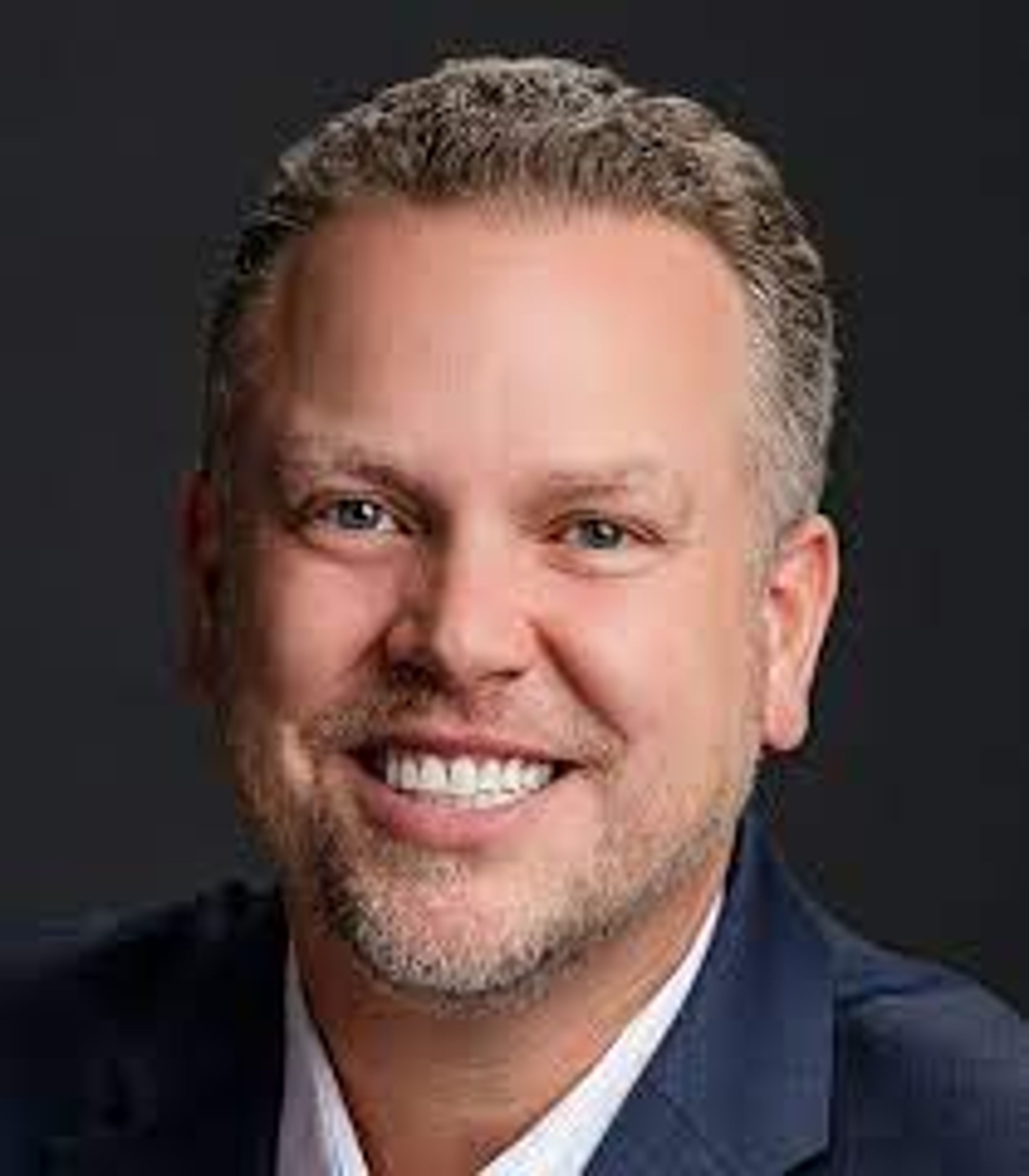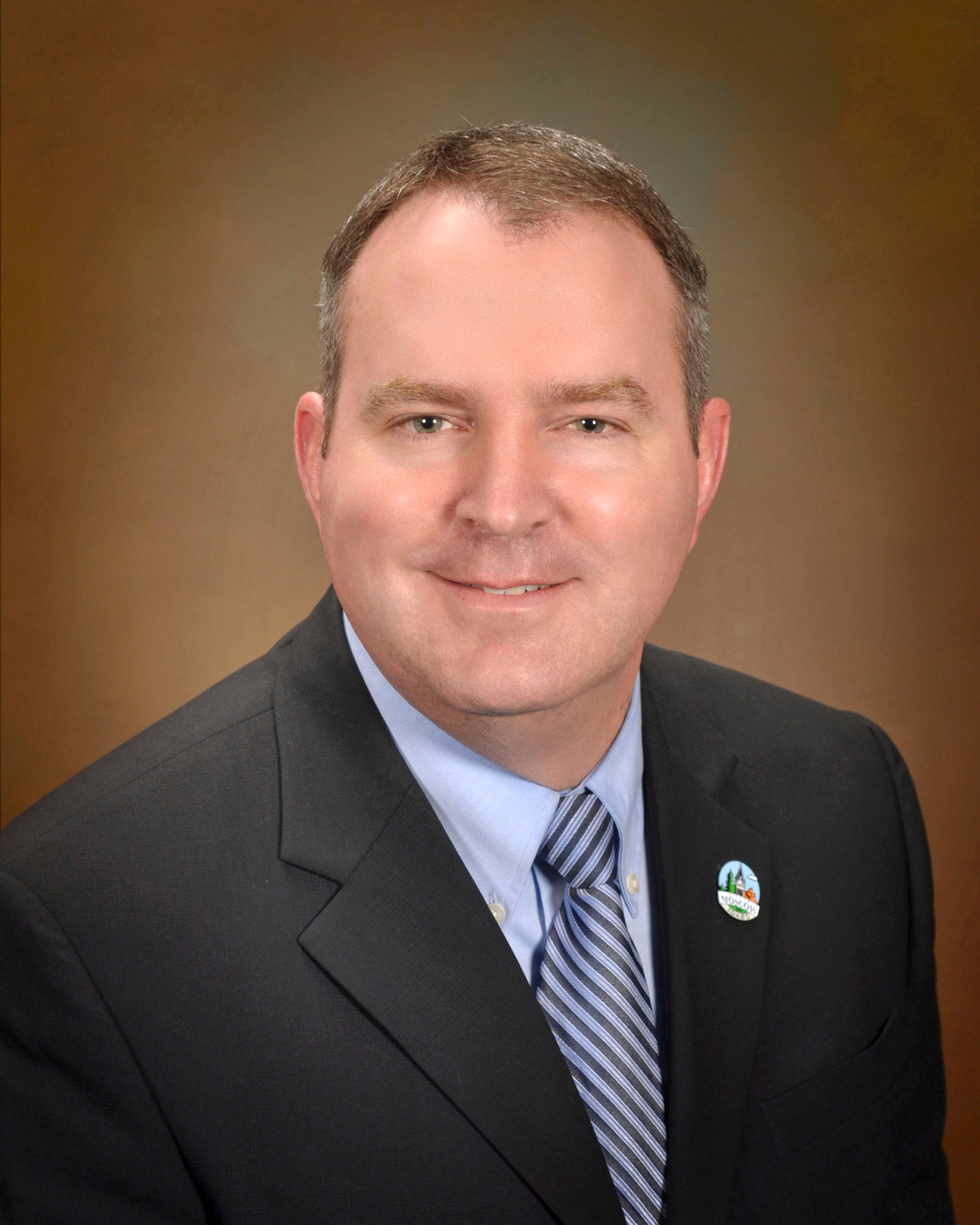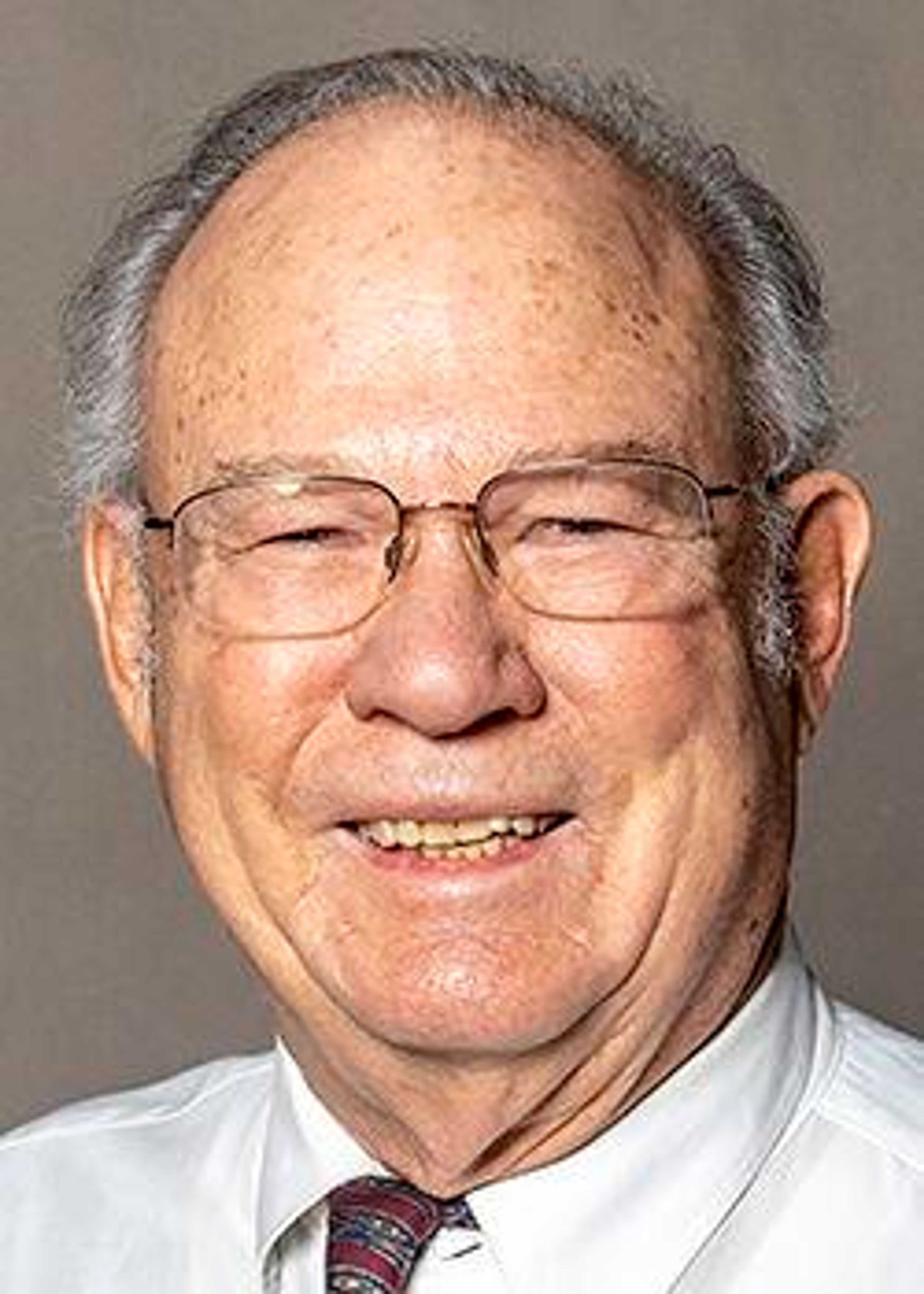Advocates voice concerns about DEI legislation
As university offices close in the wake of the Idaho State Board of Education’s decision to ban diversity initiatives on campus, supporters of the programs say the change is an injustice to all students
BOISE — In the wake of new draft legislation, Idaho students and educators have expressed concerns about banning inclusion initiatives at Idaho public universities.
A bill proposed last Thursday would ban certain general education courses, diversity training, bias reporting systems and general education courses at Idaho public universities, and provide the Idaho attorney general with enforcement authority over university compliance, the Idaho Press previously reported.
The six-page draft contains extensive definitions on what constitutes diversity, equity and inclusion (DEI) “ideology,” including unconscious or implicit bias, antiracism, racial privilege, patriarchy and related concepts.
Sen. Ben Toews, R-Coeur d’Alene, who presented the draft, said it is to promote free speech on campuses.
“My goal is to work together with our higher education partners to move us in the right direction of guaranteeing freedom of speech and freedom of thought, which I believe we all desire to have on our college campuses,” Toews said last week.
The draft follows the Idaho State Board of Education’s December decision to ban DEI initiatives on university campuses, including closing centers that target services for women or students in minority populations.
“The stripping of these services is so unthoughtful to student experiences,” Idaho State University student Remy Boomer said. “They help different kinds of students find their way. As a gay person, I definitely feel that. It’s incredibly difficult to feel safe or supported at all by Idaho right now.”
Boomer was one of roughly 700 students who commented on the state board’s resolution, with around 80% of students opposing the decision.
Despite student opposition, anti-DEI legislation is likely to move forward this year. At a recent legislative preview event, House Speaker Mike Moyle, R-Star, and Senate Majority Leader Lori Den Hartog, R-Meridian, named DEI as a top priority this session.
“The problem with DEI is that we started having people get treated different than others,” Moyle said. “We need the system where we’re all equal. And I think that’s what we’re trying to accomplish.”
Boomer argued the role of these centers is often misunderstood.
“The DEI center at ISU was a space where everyone was welcome,” Boomer said. “I went in with friends who didn’t come from diverse backgrounds who were absolutely and totally welcomed in those spaces. Diversity includes everyone, and that is something that gets misconstrued often.”
Diversity, equity and inclusion laws have origins tracing back to the 1960s Civil Rights movement following the introduction of equal employment laws, according to Notre Dame de Namur University. Today, many college campuses across the U.S. provide services targeted toward historically underrepresented communities.
Francisco Salinas, former director of multicultural affairs at University of Idaho and administrator for equity programs at Boise State University, said he has experienced the benefits of these programs both as a student and university administrator.
“Without the multicultural affairs office at University of Washington, I don’t know that I would have found my place,” Salinas said. “These offices were vitally important for me to have a sense of being included. It informed my sense that I belonged there, was valued and understood. I was really excited to come back to Idaho and help bring these kinds of opportunities and experiences to students like me. I saw this be transformative in the lives of students I worked with, and how it helped them find their voice. What it tells students is that they belong, their culture is valued and understood, and they have a firm standing in their own context to be active in their own communities.”
Research published in the Journal of Family Violence analyzed responses from 273 LGBTQ+ respondents regarding their experience with campus-related violence. The results revealed that a common issue was lack of access to identity-specific campus centers and resources.
“Universities should consider these themes when developing prevention and intervention services,” the study concluded.
Disparities based on race and ethnicity also remain at colleges across the country. A 2022 Forbes poll found that the average Native American, Latino and Black student had a much lower retention rate than that of white students.
There are currently 24 states that have introduced legislation to limit DEI.
The Idaho Legislature previously passed legislation banning teaching critical race theory and using diversity statements in hiring and admissions, and the university’s budgets include intent language prohibiting funds from going toward DEI activities or staff members.
Salinas, who now works at Spokane Falls Community College, said he is concerned about the potential negative impact Idaho’s anti-DEI legislation could have on all students — not just minorities.
“I find a statement made by (Rev. Martin Luther King) to be relevant here, who said ‘injustice anywhere is a threat to justice everywhere,’ ” Salinas said. “We have an increasingly diverse population of students in Idaho, and with these measures, we may create a situation where these students are less likely to seek education in Idaho. This growing population will then become a growing, uneducated population. There are treasures waiting to be discovered by every student. Whatever conditions we are creating that are a loss for students is a loss for all of us. Maybe that’s idealistic of me, but I believe that is supposed to be an important value in higher education.”
Schwicht may be contacted at newsroom@idahopress.com.











